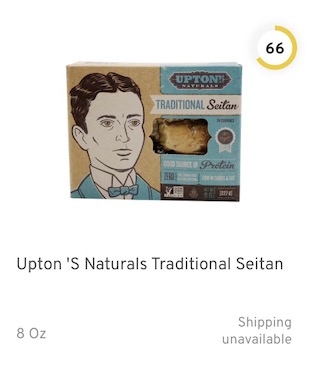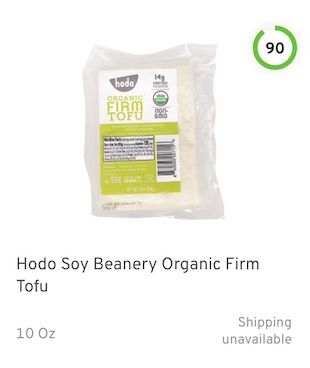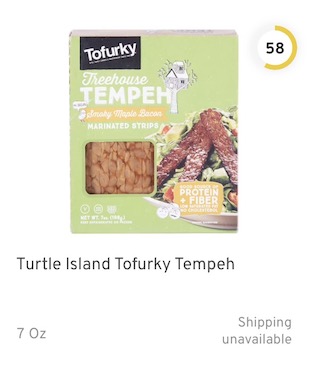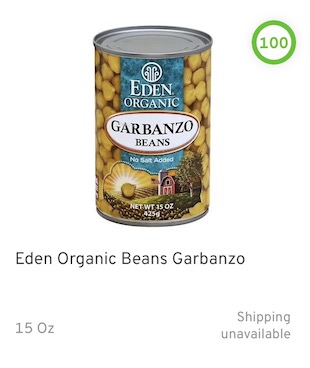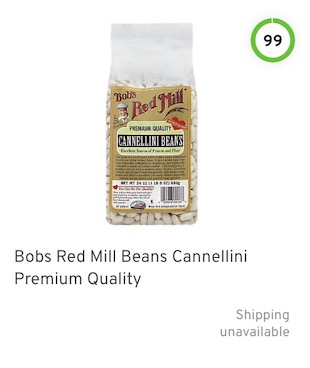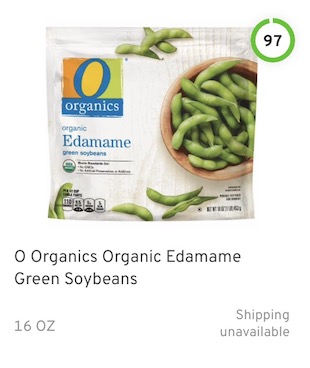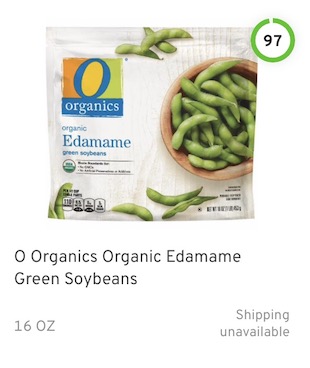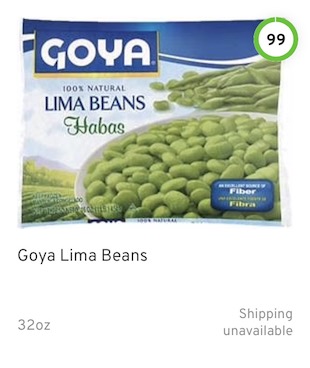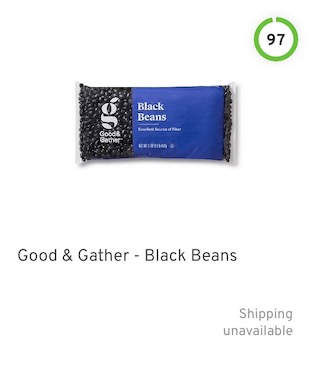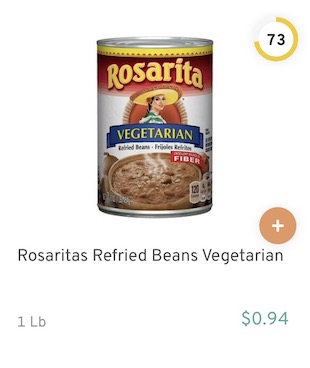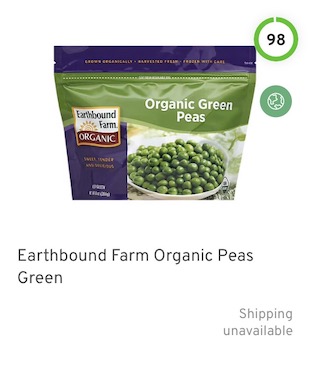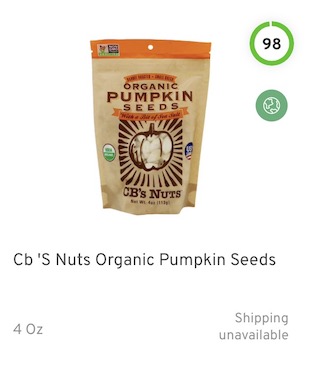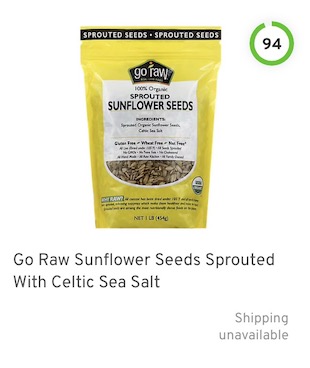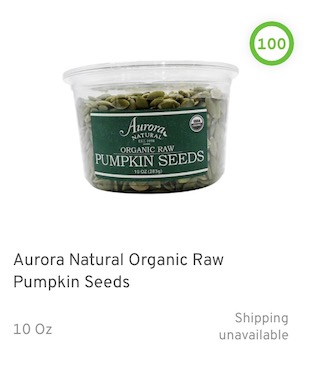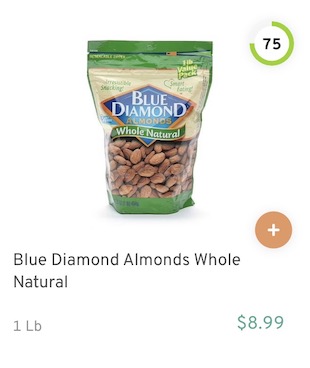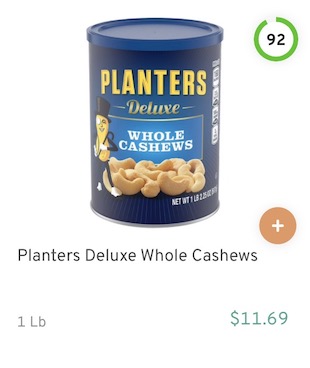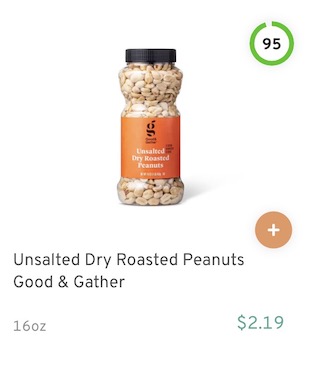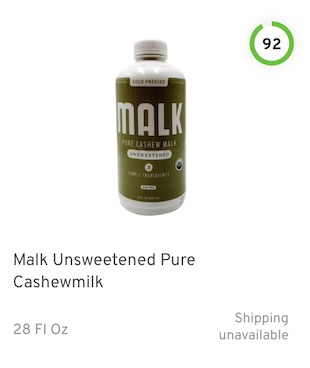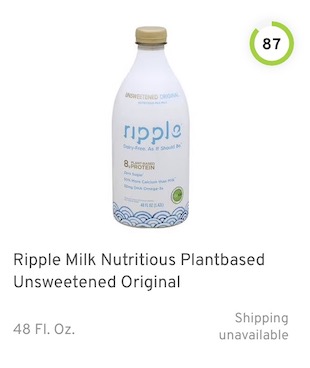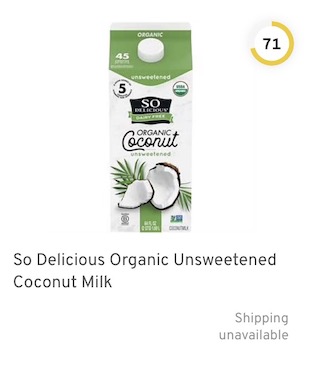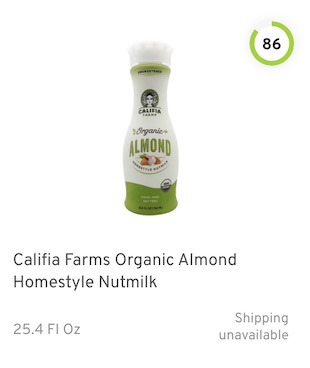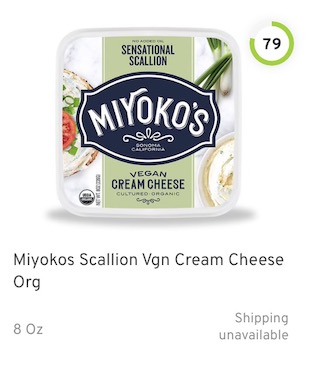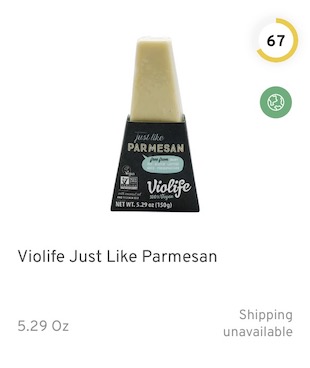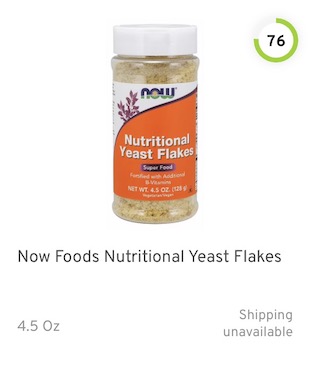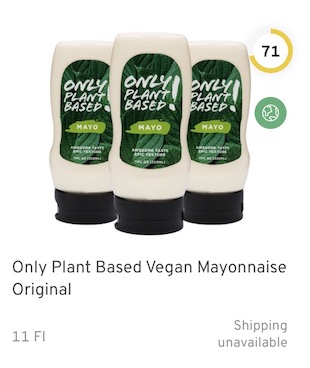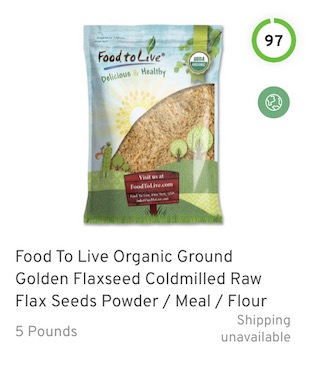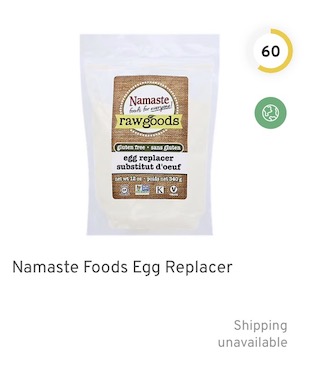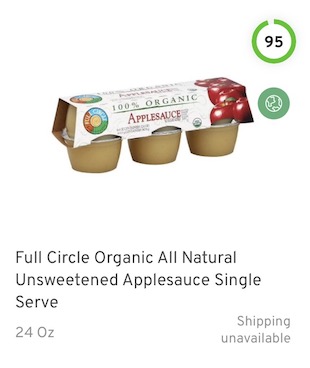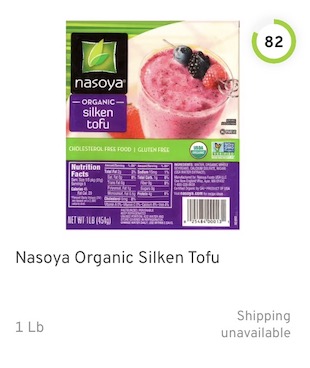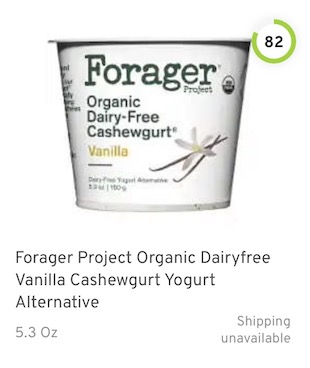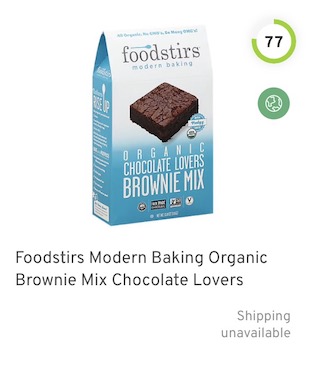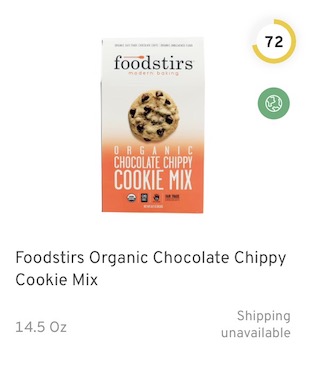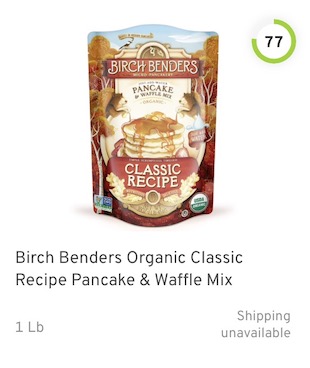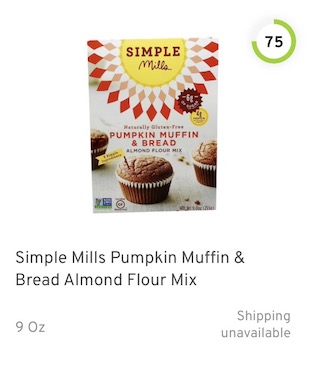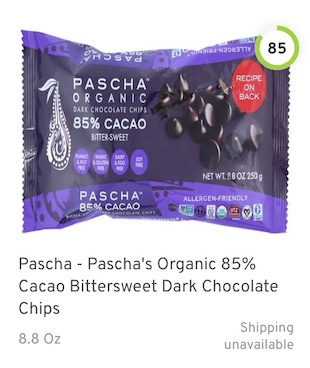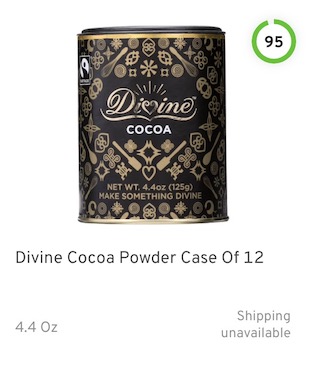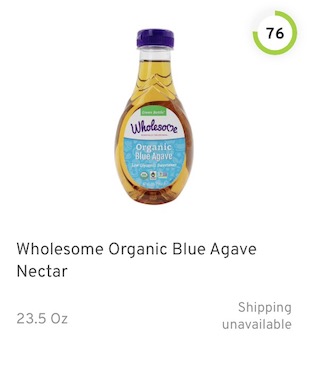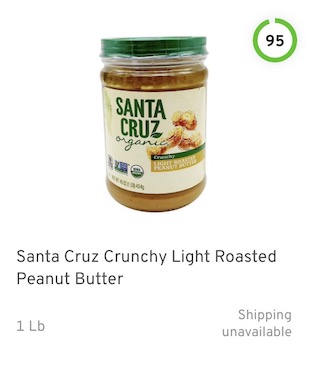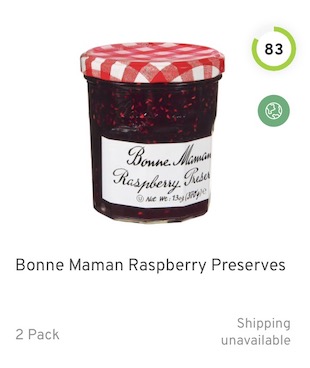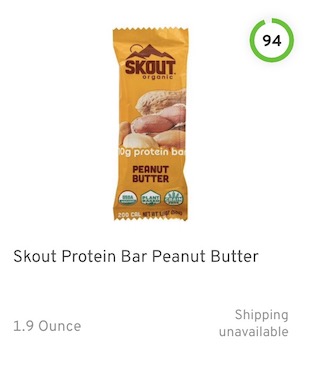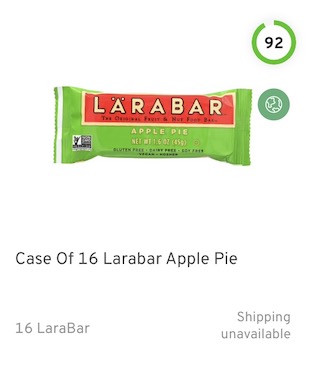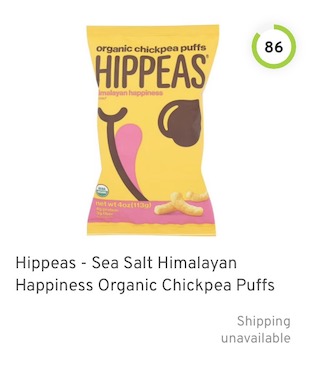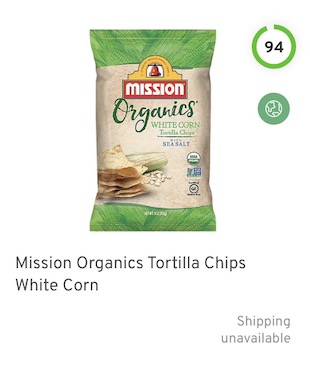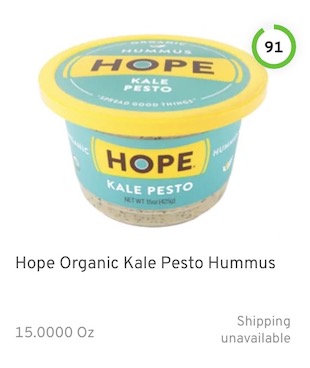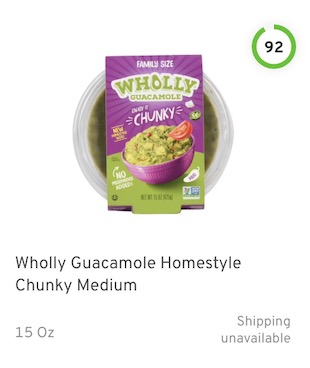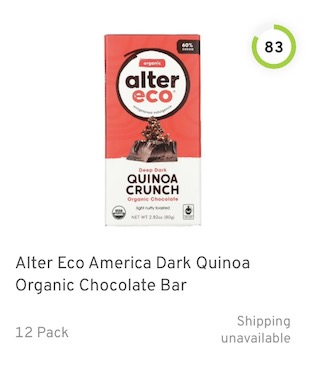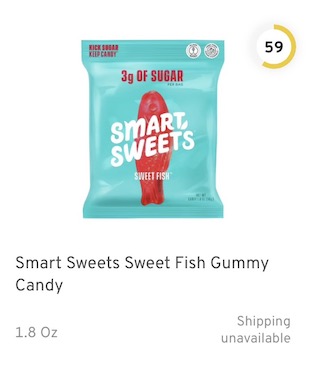Try our new free GreenChoice - Food Scanner mobile app!
DOWNLOAD-
-
-
Diets
Allergies
Take our 30-second quiz & we’ll filter our site to show only products that match your dietary preferences.
- GCNow
- Ultimate Vegan Grocery List – Plant-Based Swaps Every Vegan Needs
Ultimate Vegan Grocery List – Plant-Based Swaps Every Vegan Needs
Authors: Sydney Wexler, Merve Basoglu, Makayla Meixner, MS, RDN and Katherine StallardPublished: January 4, 2022
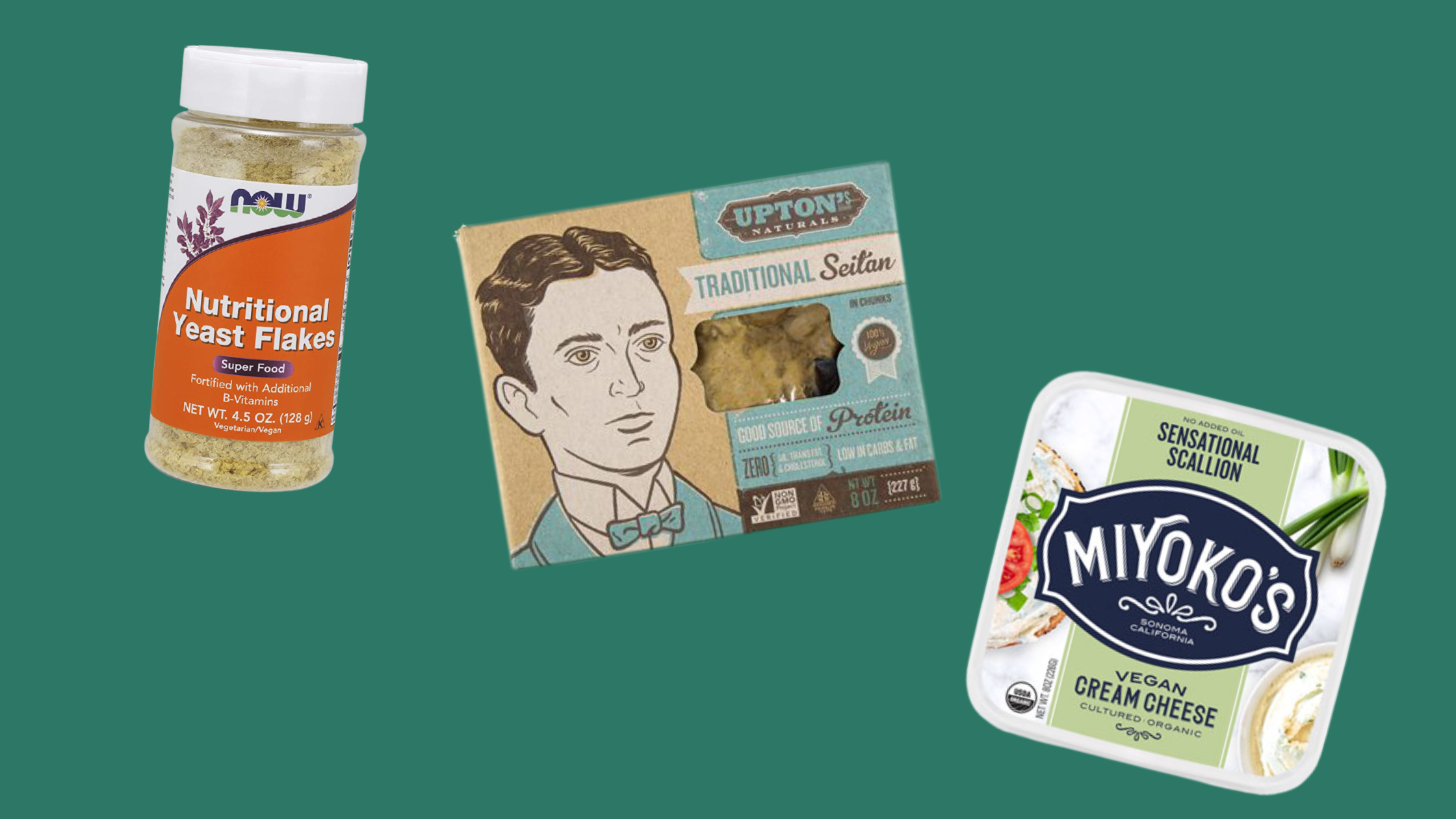
So, you’ve decided to go vegan…
Either that, someone in your household has, or you’ve been vegan but need some inspiration to help you master the plant-based diet.
Whether you’re a seasoned vegan or just trying to incorporate more plant foods into your daily meals, there’s a lot to keep track of when it comes to grocery shopping.
Balancing nutritional quality, environmental impact, and ethical concerns, on top of taste, cost, and convenience can be ridiculously overwhelming.
Adding new dietary considerations like “vegan” to that list is more than enough to make your head spin. This vegan grocery list covers everything you need for a fully stocked kitchen with all the best vegan ingredients and staples.
You’ll get to know the vegan essentials inside and out – from egg replacements to use when baking, to highly nutritious protein sources, to the best non-dairy alternatives, to go-to spices for elevating veggie dishes, and everything in between.
Cooking Ingredients
Meat Alternatives
Every vegan has been asked, “So where do you get your protein?” at some point in their journey.
Instead of rolling your eyes, you can make it easy and show them this list.
Here are the best meat alternatives, ranked by protein content, to build out your vegan grocery list:
Upton’s Naturals Traditional Seitan
Pros: 15 grams of protein, the texture is highly similar to meat and the flavor is neutral so it’s extremely versatile
Cons: It’s made of wheat gluten, so unfortunately it’s off the table for gluten-free eaters.
*Pro-tip: Use seitan anywhere you’d use meat!
Hodo Soy Beanery Organic Firm Tofu
Pros: 14 grams of protein, extremely cheap, and offers a range of textures – from extra firm to silken – which make it useful in a variety of different dishes
Cons: It’s made of soy, so unfortunately it’s off the table for those with soy allergies
*Pro-tip: Use crumbled or cubed firm tofu in place of meat in stir-fry and curry, scrambled eggs, or ground meat. Use soft tofu for saucy or soupy recipes that don’t require as much manipulation — like mapo tofu or soft tofu stew — and use silken tofu for creamy sauces and desserts like pie or cheesecake.
Turtle Island Tofurky Tempeh
Pros: 12 grams of protein, it’s fermented so it offers additional benefits for digestion and gut health
Cons: It’s not suitable for those with a soy allergy, and has a nuttier, more prominent flavor.
*Pro-tip: Marinate and sauté some tempeh for sandwiches or add it to a bowl with veggies and grains.
Beans and Legumes
Pros: Beans are packed with a variety of nutrients, including protein and fiber. They’re a versatile staple across many different cuisines.
Cons: While they’re a nutritional powerhouse, they don’t necessarily offer the meaty texture or flavor that other meat substitutes provide.
*Pro-tip: Add to any soup, stew, curry, or salad for an extra boost of protein!
Green Peas
Pros: 4 grams of protein and 14% of the daily value of fiber, in addition to being high in vitamin A and C.
Cons: They don’t provide the flavor and texture of a meat replacement, but they’re still delicious in a variety of dishes.
*Pro-tip: Great as an added veggie in almost anything, including stir-fry, pasta dishes, soups, and dips.
Nuts and Seeds
Pros: Some nuts and seeds can contain as much as 12 g of protein per serving.
Cons: Not suitable for those with nut allergies.
*Pro-tip: Add nuts and seeds to your oatmeal, cereal, smoothie, or yogurt in the morning for added protein, healthy fats, and other essential nutrients. Nuts also make an excellent addition to sauces when pureed, providing added creaminess without the need for dairy.
Dairy Alternatives
With the extensive selection of vegan milk products out there, one might think it would be easy to make simple swaps when cooking dairy-free.
However, some dairy-free milk simply won’t provide the creaminess, flavor, and thickness required for traditional creamy sauces or cheesy entrees.
Here are a few we’d recommend adding to your vegan grocery list to try in cooking and how you can use them:
Nut and seed milk
Pros: Nut and seed milk is naturally lactose-free, so they are easier to digest if you have lactose intolerance. Also, many nut milk options are higher in fiber and have lower carb content compared to cow’s milk.
Cons: Generally they have lower protein content than dairy milk. Therefore, they foam less than cow’s milk. Also, nut milk is not suitable for those with nut allergies.
*Pro-tip: Use them in place of cow’s milk to make muffins, pancakes, bread, and sauces. Generally, soy milk has a higher protein content, so you can opt for that if you love your coffee with a rich foam.
Miyokos Scallion Vegan Cream Cheese
Pros: It’s as thick and creamy as your standard cream cheese. Made of cashews and naturally flavored, with no added oil or artificial ingredients.
Cons: A key ingredient is coconut cream. While barely noticeable, some might be off-put by the subtle taste of coconut; for those with a coconut or cashew allergy, this won’t be your dairy-free cream cheese of choice.
*Pro-tip: There are multiple delicious varieties of this cream cheese, allowing you to add creaminess and a pop of flavor to a wide range of dishes — from dips to pasta dishes and even vegan cheesecake.
Violife Just Like Parmesan
Pros: If you’re missing the salty, cheesy taste that Parmesan adds to any pasta, salad, pizza, or casserole, this is a great substitute. It’s also free of soy, gluten, nuts, and preservatives.
Cons: It’s made with coconut oil, making it on the higher side when it comes to saturated fat. While it does the job, it doesn’t exactly mimic the flavor of classic parmesan.
Seasoning and Sauces
Seasonings and condiments tend to be generally more vegan-friendly than other categories, so we won’t go too deep into this category. However, these two stand-outs deserve a mention as essentials to add to your vegan grocery list and keep stocked in your vegan kitchen:
Now Foods Nutritional Yeast Flakes
Pros: It’s an excellent source of vitamin B12 – an essential nutrient only naturally occurring in animal products. The recommended daily intake is 2.4 mcg. Nutritional yeast not only adds flavor but works as a vegan B12 supplement, providing up to 250% of the DV per tablespoon (1).
Cons: It contains a high amount of fiber, which may cause digestive problems if consumed in excess.
*Pro-tip: Add to anything – soup, pasta, salad, potatoes – where you’d want a cheesy flavor. It’s also great in homemade vegan cheese sauces or mac and a fun popcorn seasoning.
Only Plant-Based Vegan Mayonnaise Original
Pros: Most plant-based mayo products out there, including this one, have a similar texture and flavor to the original thing. It’s especially helpful for adding creaminess and a thicker consistency to salad dressings, and it’s great on a sandwich or veggie burger.
Cons: It’s made up primarily of canola oil, making it high in fat, so it’s best consumed in moderation.
*Pro-tip: Use anywhere you’d use regular mayonnaise – you won’t be able to tell the difference!
Baking Ingredients
For new and old vegans alike, baking continues to pose a challenge.
Eggs, butter, and milk serve as more than just flavor additions – they have unique functional properties that add structure and texture to baked goods.
Here are the tried-and-true egg and dairy substitutes to use when baking, along with some must-try vegan-friendly baking mixes and ingredients to add to your vegan grocery list when shopping:
Egg Substitutes
Food To Live Organic Ground Golden Flaxseed
Pros: Serves as a binding ingredient in baked goods. Flax seeds are also high in fiber and omega-3 fatty acids (2).
Cons: It’s not always a 1 to 1 swap, as eggs are functionally different than flax seeds. You may need to do some research and adjust your proportions.
*Pro-tip: Combine with water and allow to sit for about 5 minutes before adding to your recipe in place of eggs. One tablespoon of flaxseed meal combined with three tablespoons of water is equivalent to substituting one egg in a recipe.
Namaste Foods Egg Replacer
Pros: As egg replacer is specifically designed to mimic the functional properties of egg, it might be more reliable in a recipe than other options.
Cons: Don’t let the name fool you – it’s great as a binding ingredient but can’t be used to make scrambled eggs or omelets.
*Pro-tip: Follow the instructions on the package and use in any baked recipe where you would use an egg. It may or may not work where you need beat/whipped egg whites, depending on the recipe – you’ll need to do some research beforehand.
Eden Organic Beans Garbanzo
Pros: Aquafaba, the liquid found in canned garbanzo beans, is the only tried-and-true replacement for egg whites specifically.
Cons: Has a strange flavor on its own (it is garbanzo bean water, after all!) but when incorporated into a recipe, the subtle flavor isn’t noticeable.
*Pro-tip: Use in any recipe where you need egg whites that are whipped or beaten to stiff peaks.
Full Circle Organic All Natural Unsweetened Applesauce Single Serve
Pros: Can add moisture and richness to your recipe while acting as a binding ingredient in baked treats. It also adds natural sweetness, which means, in some cases, you can use less refined sugar in your recipe.
Cons: Adds more moisture and sweetness than an egg would, so be mindful of how you’ll need to adjust the amounts of liquid and sugar accordingly.
*Pro-tip: Using applesauce works better for sweet treats than savory ones – choose unsweetened applesauce to make sure it doesn’t turn out overly sweet. Use 1/4 cup of applesauce in place of 1 egg.
Dairy Substitutes
Nasoya Organic Silken Tofu
Pros: Silken tofu is the perfect way to thicken any sauce or dessert while adding creaminess without a significant change in flavor.
Cons: In certain recipes that require thickening over time, like cheesecake or custard, working with silken tofu might require some adjustments to the recipe. Be sure to do some research beforehand.
*Pro-tip: Use in replacement of heavy cream in puddings, pies, and cheesecake, milkshakes, and smoothies. It can also be used for savory dips and sauces, or as an egg substitute in cakes.
Forager Project Organic Vanilla Cashewgurt Yogurt Alternative
Pros: Dairy-free yogurt works well anywhere where heavy cream is needed. It adds moisture, density, and richness to any baked good, and interacts with baking soda to encourage leavening.
Cons: Yogurt tends to have some acidity or tanginess, so it may impact the overall flavor of the recipe. It can also interact with the proteins in the flour, resulting in a more dense final product.
*Pro-tip: Choose unsweetened, unflavored dairy-free yogurt for savory sauces and casseroles.
Baking Mixes
Foodstirs Modern Baking Organic Brownie Mix Chocolate Lovers
This vegan brownie mix is made with fair trade certified cocoa and all the ingredients are organic. Just replace the eggs on the instruction with aquafaba or egg replacer.
Foodstirs Organic Chocolate Chippy Cookie Mix
This vegan-friendly chocolate chip cookie mix is certified organic and made with fair-trade chocolate.
Birch Benders Organic Classic Recipe Pancake & Waffle Mix
This pancake & waffle mix is vegan and organic. No eggs or milk is necessary to enjoy these fluffy pancakes.
Simple Mills Pumpkin Muffin & Bread Almond Flour Mix
This vegan pumpkin muffin & bread mix is free from gluten, soy, or dairy.
Baking Add-ons
Pascha – Pascha’s Organic 85% Cacao Bittersweet Dark Chocolate Chips
These bittersweet chocolate chips are certified vegan, organic, and gluten-free.
Divine Cocoa Powder
This unsweetened cocoa powder is vegan and certified fair-trade.
Wholesome Organic Blue Agave Nectar
Wholesome Organic Blue Agave Nectar is vegan, organic, and certified fair-trade. Also, it’s a good substitution for honey.
Santa Cruz Crunchy Light Roasted Peanut Butter
This crunchy peanut butter is vegan, organic, gluten-free, and doesn’t contain any added sugars.
Bonne Maman Raspberry Preserves
Bonne Maman Raspberry Preserves is free from gluten, high fructose corn syrup, or preservatives.
Snacks and Desserts
Snack Bars
Snack bars often contain whey or casein, which are dairy-based, as an added protein source or use milk chocolate for added flavor – making many bars off-limits for vegans.
Here are the most nutritious vegan-friendly snack bars on store shelves:
Skout Protein Bar Peanut Butter
Pros: Provides 10g of protein, 18% of DV of fiber. In addition, it’s certified vegan, organic and gluten-free.
Cons: This protein bar contains peanuts, so if you have a peanut allergy this bar is not for you.
Larabar Apple Pie
Pros: Offers 4g of protein and 15% DV of fiber. Also, it’s free from soy or gluten.
Cons: Contains almonds and walnuts, skip this one if you are allergic to tree nuts.
Crunchy things
Chips and crackers are primarily made from starch – like potato or wheat – with added flavors, oils, seeds, and seasonings.
On the surface, it may seem that vegans have the green light on crunchy snacks unless it blatantly advertises “cheese flavored” on the package.
However, it’s important to look out for hidden ingredients like whey protein, buttermilk, milk powder, egg whites, and animal-based ingredients.
Here are some crunchy snacks that are satisfying, more nutritious than most options out there, and a great addition to your vegan grocery list:
Hippeas – Sea Salt Himalayan Happiness Organic Chickpea Puffs
Pros: Offer 4g of protein and 12% DV of fiber.
Cons: Contains 230mg of sodium which equals 10% of the daily value.
Mission Organics Tortilla Chips White Corn
Pros: Organic, gluten-free, and contains only 0.5g – 3% of DV- of saturated fat.
Cons: These tortilla chips are made of corn, not flour, and may aggreviate potential corn allergies.
Dips
While a large number of dips are made from cream cheese, yogurt, or sour cream, there are plenty of vegan dips out there, including most hummus, salsa, and guacamole.
Even within these categories, though, vegans need to be mindful of added dairy products.
Here are some delicious vegan dips to add to the snack section of your vegan grocery list:
Hope Organic Kale Pesto Hummus
Pros: Low in sodium and saturated fat.
Cons: Contains nuts. Don’t consume if you have a nut allergy.
Wholly Guacamole Homestyle Chunky Medium
Pros: Contains healthy fats and is low in sodium.
Cons: Avocado is high in saturated fat. It’s good to be mindful of the serving size if you are limiting saturated fat intake.
Sweets
When it comes to vegan options, sweets are definitely the trickiest category. Most use a combination of egg, butter, cream, and sometimes gelatin as their core ingredients.
Since baking is somewhat of a science, replacing these ingredients can mean compromising the flavor, texture, and structural integrity of the dessert.
In recent years, however, there have been plenty of exciting new vegan treats popping up on the market – here’s a few to try:
Alter Eco America Dark Quinoa Organic Chocolate Bar
Pros: Provides 20% of the DV of iron and 7% of the DV of fiber. Plus, it’s organic and free from gluten, soy, or artificial sweeteners.
Cons: Includes 11g of added sugars – 22% of DV – and 7g of saturated fat (35% of DV).
Smart Sweets Sweet Fish Gummy Candy
Pros: This product is egan and provides 46% of the DV of fiber.
Cons: Contains allulose, an artificial sweetener.
Key takeaways for building your vegan grocery list
To summarize, here are the most important things you’ll need to add to your vegan grocery list if you or someone in your household is vegan:
- Cooking ingredients
- Weekly essentials: Fruit, vegetables, plant protein, and whole grains
- Meat Substitutes: Seitan, tempeh, tofu, beans, nuts, and seeds.
- Dairy Substitutes: Nut or seed milk, dairy-free cream cheese, dairy-free sour cream, dairy-free cheese
- Baking ingredients
- Egg substitutes: Flax meal, egg replacer, aquafaba (water from chickpea can), and applesauce
- Dairy Substitutes: Silken tofu and dairy-free yogurt
- Baking mixes: Baking mixes that are free of dairy and egg
- Baking add-ons: Milk-free dark chocolate, peanut butter, jam, pure cocoa powder, agave
- Snacks and desserts
- Snack bars: Nutrition bars free of milk proteins, egg whites, and honey
- Crunchy things: Vegan chips, popcorn, and tortilla chips
- Dips: Hummus and guacamole
- Sweets: Dark chocolate and gelatin-free gummy candy
***
GreenChoice, PBC has evaluated and rated more than 340,000 food & beverage products across hundreds of attributes related to diet, health, and sustainability. Easily find the best products for you, the planet, & your budget. Sign up to access the GreenChoice marketplace, the first carbon-neutral online grocery marketplace for healthy, climate-friendly shopping.


